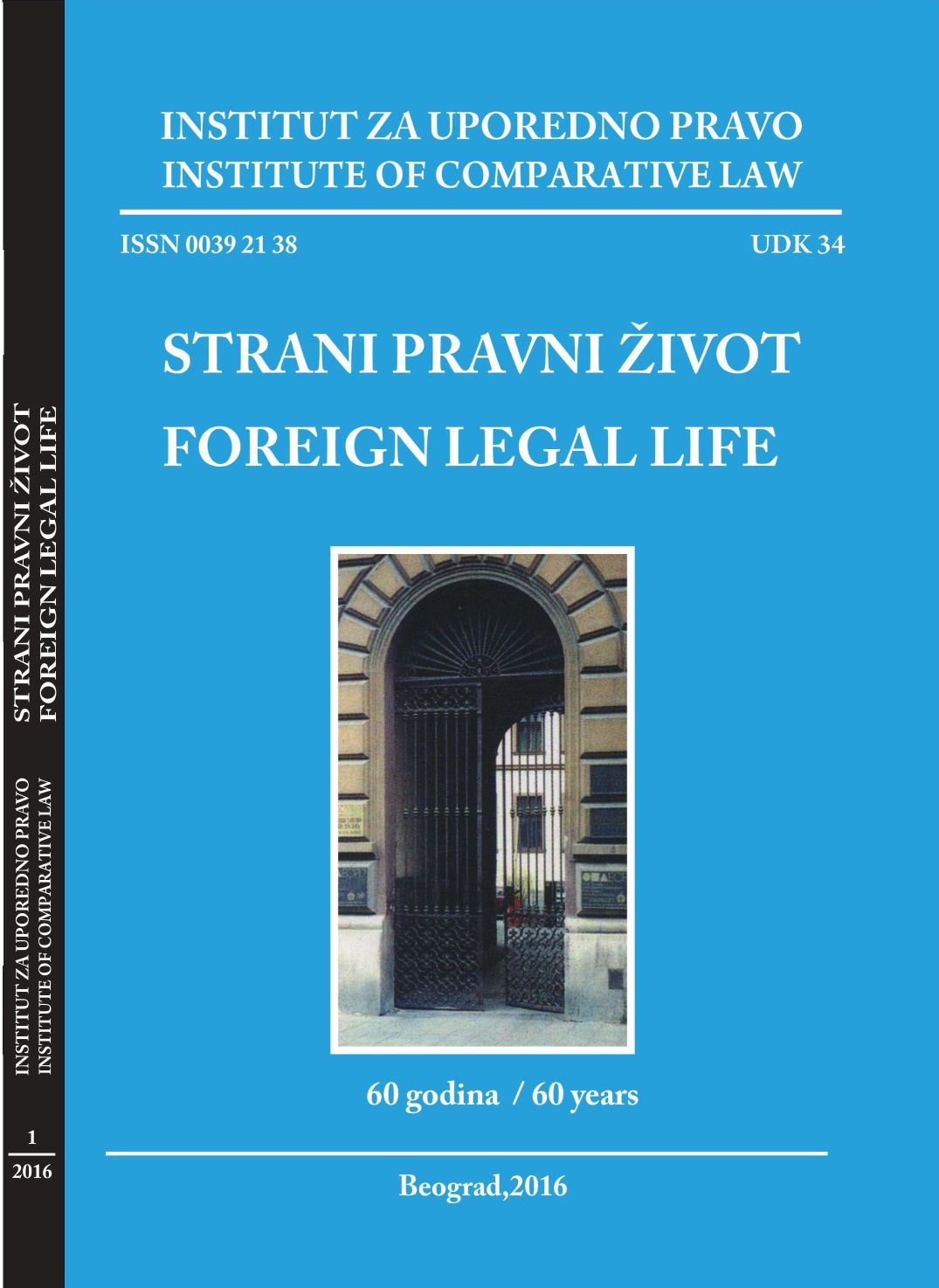Specifičnosti kriminalizacije prenošenja veneričnih bolesti i infekcije HIV virusom
Transmission Of Venereal Diseases And HIV Infection - Specificities Of Criminalisation
Author(s): Vukan SlavkovićSubject(s): Criminal Law, Human Rights and Humanitarian Law, Health and medicine and law
Published by: Institut za uporedno pravo
Keywords: venereal diseases; HIV infection; public health; criminal policy; principle of autonomy;
Summary/Abstract: The increase in venereal diseases poses a serious threat to the health of the population and future generations. Due to the extremely danger and specificity of suppression, society has adopted special criminal provisions which prohibit and penalize the transmission of infection. The criminal policy on the spread of venereal diseases began to change in the direction of full or partial decriminalisation. Underlying the opposition is a broader social resistance to state intervention, because the compulsory regulations affect the fundamental issues of personal freedom. On the other hand, in light of the growing interest of the media in HIV transmission cases, there is concern that states might increasingly choose to legislate the criminalisation of HIV transmission, leading to restricting of the rights of people living with HIV or AIDS (PLWHA). This concerns has been arised after the long history of debate on the appropriateness of the use of criminal law and other punitive measures in the response to the epidemic. In order to assist in the development of public policy on the question of criminal law and HIV, UNAIDS has published document entitled „Criminal law, public health and HIV transmission” which specifies a number of human rights and recommendations that state should take into account when making decisions about the use of the criminal law in the context of HIV and AIDS.
Journal: Strani pravni život
- Issue Year: 2016
- Issue No: 1
- Page Range: 153-166
- Page Count: 14
- Language: Serbian

